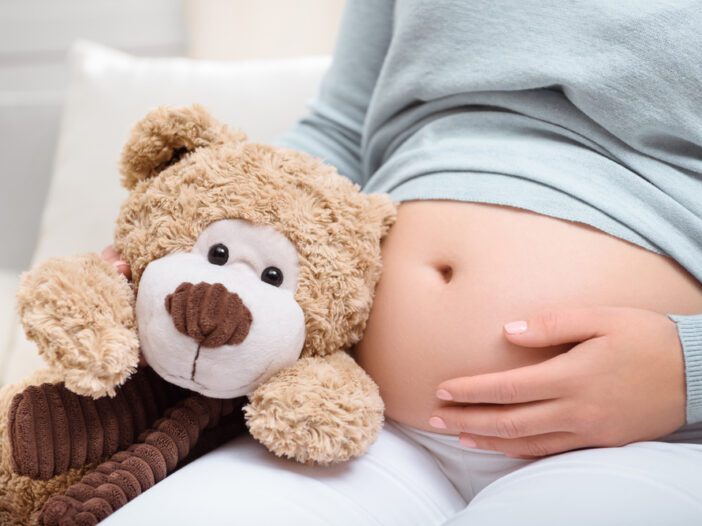
The diagnosis of cancer in any form is traumatic, but it is especially devastating for young girls and women who know that the same chemotherapy needed to save their lives is the very thing that can render them infertile. Fortunately, modern medical innovation has made it possible for women to become pregnant after chemotherapy.
The words “fertility after cancer” are no longer an oxymoron and we encourage all young women who have to undergo chemotherapy to keep the faith! There is hope, and the following information can assist you in creating a plan for your future fertility.
The Basic Facts Regarding Fertility After Chemotherapy
Your chances of conceiving a baby after chemotherapy depend on two things: your age at the time of the treatment and the type of chemotherapy you undergo.
Age
Age matters regardless of whether you have chemotherapy or not. You may have read that the age of a woman’s eggs can alter the outcome of IVF success. This is because the younger the eggs are, the less likely they are to be corrupted by environmental factors and the aging process. Additionally, younger ovaries work better than older ones. Women who have their chemotherapy prior to age 30 have an easier time getting pregnant than those whose treatments occur later on.
Type of treatment
Certain types of chemotherapy treatment are more detrimental than others. Check with your oncologist about potential side effects including infertility.
Be Clear About Your Concerns Regarding Fertility and Pregnancy
It is imperative that you are clear with your provider about your concerns regarding your cancer treatment and fertility. If you are younger than 30 years of age and are unsure as to whether or not you want to get pregnant in the future, you may want to consider your options now so you have the opportunity of becoming pregnant via assisted reproductive technology in the future.
Depending on the type of chemotherapy and the doses you will require, you may want to think about your options in terms of egg or embryo preservation. Schedule a consultation with a fertility specialist in your area to learn more.
- Freezing your eggs. Egg extraction is a very streamlined process these days. Similar to women who undergo IVF treatments, you will be given a series of hormones that stimulate egg production and release. These eggs will be harvested and frozen for use later on.
- Freezing embryos. You can also opt to complete the first phase of an IVF treatment by harvesting eggs and fertilizing them with your partner’s sperm to yield embryos. The embryos can be cryogenically frozen for use later on. If you are still able to safely bear children, the embryos can be inserted into your uterus.
Are you concerned about chemotherapy and its effects on your fertility? Contact RRC and schedule a consultation so we can discuss your options.
 Patient Portal
Patient Portal